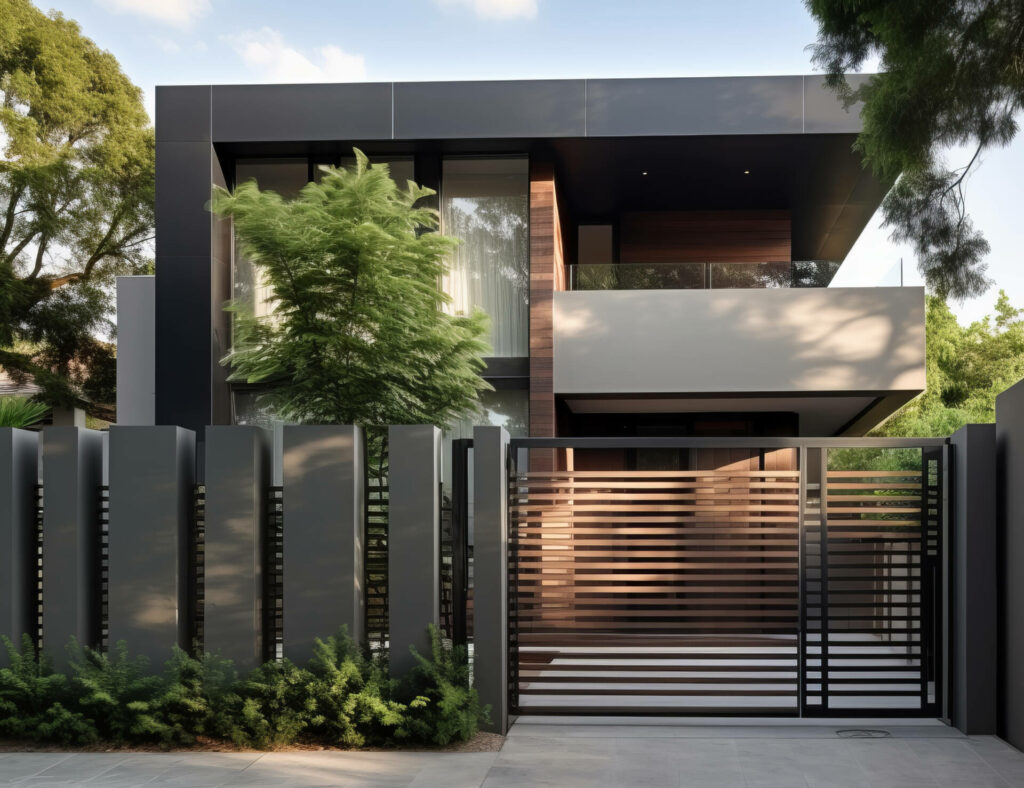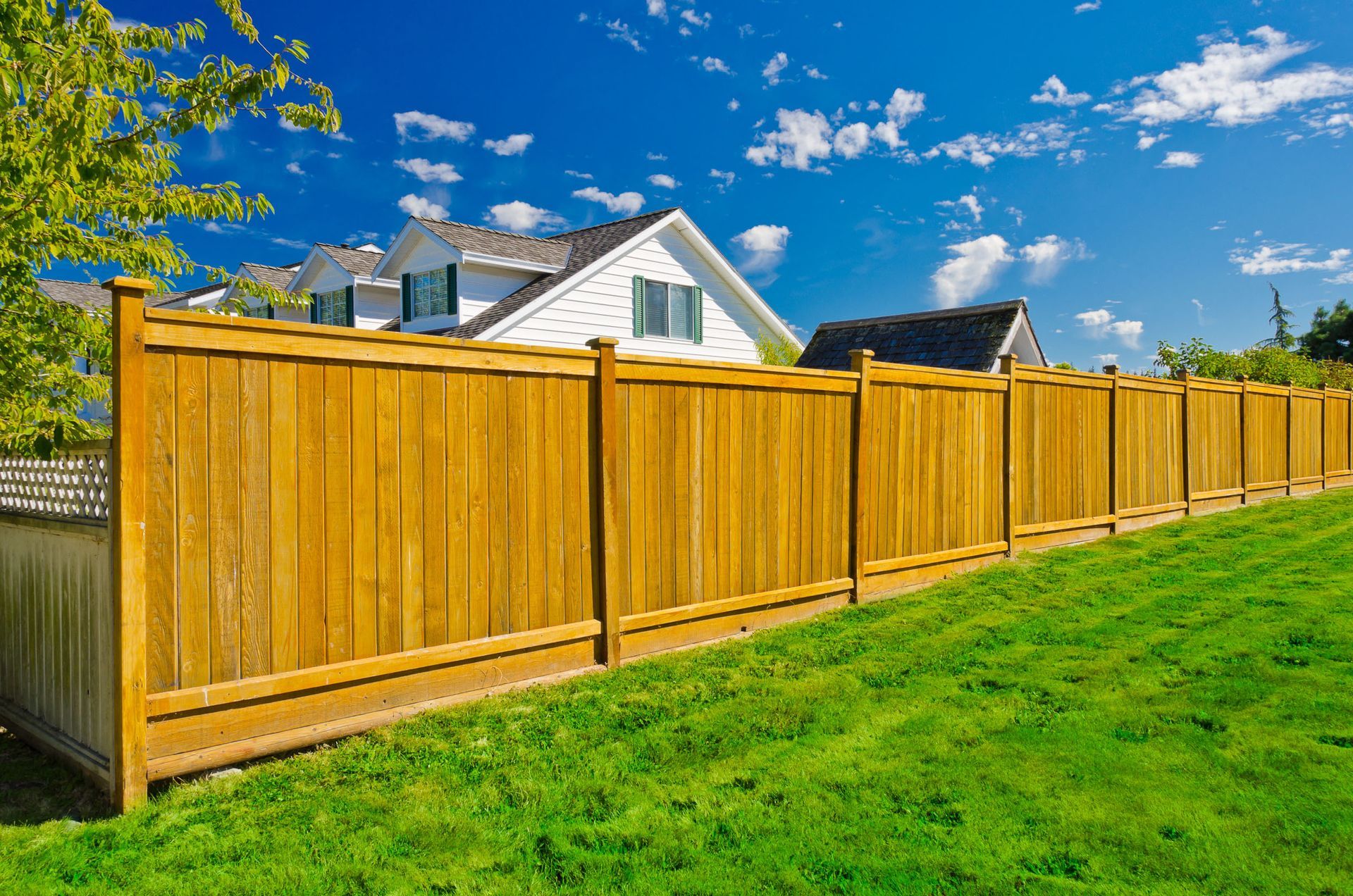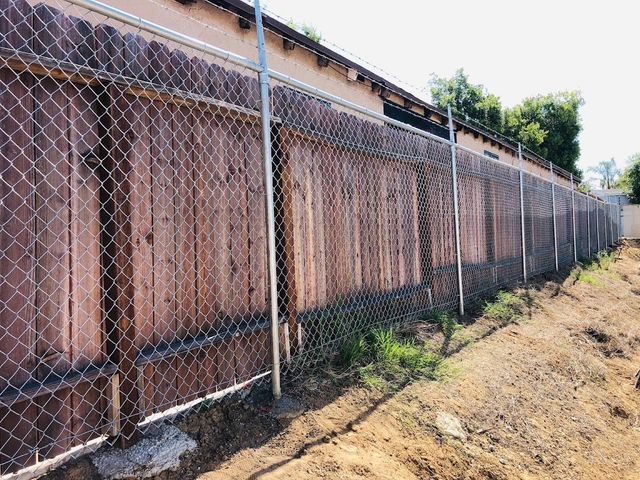All Categories
Featured

When it comes to selecting the right fence material for your home, plastic, wood, and light weight aluminum are amongst the most prominent options. Each product supplies distinct advantages that suit various needs, choices, and budget plans. Comprehending the benefits and drawbacks of each type can assist you make an informed decision based upon your concerns, whether that's aesthetic charm, durability, or maintenance needs. Listed below, we damage down the advantages and downsides of these three usual secure fencing products.
Wood Secure Fencing. Pros:
Visual Charm: Timber fencings supply an all-natural, timeless look that matches most types of landscape design and design. They can be easily customized with paint or discolor, providing you the flexibility to produce the excellent color and coating for your residential or commercial property. Flexibility: Wood can be used to create a range of fence styles, from conventional picket fences to more contemporary styles like privacy fencings or rustic ranch-style fencings. It's simple to add or change to in time if your needs transform. Price: Timber is commonly extra budget friendly than vinyl or aluminum, making it an eye-catching choice for property owners on a spending plan. The preliminary price of a timber fencing is usually less than the other materials. Cons:

Maintenance Needs: Wood fencings call for normal upkeep, including staining, securing, or painting to shield them from weathering, rot, and insect damages. Without proper treatment, wood can deteriorate rapidly. Durability: Wood is at risk to harm from insects like termites, and it can warp, fracture, or split with time due to exposure to the aspects. In locations with extreme climate condition, wood might require to be replaced more often than other materials. Restricted Life-span: While timber fences can last for years with correct care, they normally have a much shorter life-span than vinyl or aluminum fencings. Vinyl Fence. Pros:
Low Upkeep: Among the largest benefits of vinyl fence is its low upkeep demands. Unlike timber, plastic does not require to be repainted, discolored, or sealed. It's immune to fading, splitting, or warping, making it optimal for property owners who desire a problem-free fencing. Durability: Plastic fences are resistant and highly sturdy to the elements, including UV rays, rainfall, and humidity. They're also unsusceptible bugs, such as termites, that can harm timber fences. Range of Styles: Vinyl fencings can be found in a wide variety of styles and shades, and lots of imitate the appearance of timber without the upkeep drawbacks. You can pick from privacy fences, picket fences, and more to suit your demands. Lengthy Life expectancy: With correct treatment, plastic fences can last years, much longer than timber fences, and they include warranties that give peace of mind. Disadvantages:
Greater First Price: While vinyl fencings can conserve money on maintenance throughout the years, they tend to have a higher in advance cost than wood fencings, which may be a deterrent for some customers. Limited Customization: While plastic fencings are readily available in a selection of colors and designs, they lack the personalization versatility that wood provides. You're limited to the pre-designed panels offered, which might not match every distinct aesthetic. Possible for Fracturing in Cold Climates: In severe cold temperatures, plastic fencings can come to be weak and might split under influence, making them less suitable for areas with freezing wintertimes. Aluminum Fence. Pros:
Resilience and Stamina: Light weight aluminum is a lightweight yet solid material that resists corrosion and corrosion, making it suitable for coastal areas or locations with high moisture. Light weight aluminum fencings need minimal upkeep and can withstand the aspects for several years. Aesthetic Allure: Light weight aluminum fences provide a sleek, modern-day look. They are available in a variety of attractive styles and can be made use of to produce a much more stylish or contemporary seek your property. Low Upkeep: Aluminum fences don't need painting or securing, and they're immune to rust and rust, making them incredibly low maintenance gradually. Safety and security: Light weight aluminum fencings offer a greater degree of protection compared to vinyl or wood fences since of their tough building and construction. They can be outfitted with entrances and locks to offer a secure limit around your residential property. Disadvantages:

Cost: Aluminum fences are usually extra costly than wood or plastic fences, both in terms of materials and installation expenses. This higher price point can be a drawback for budget-conscious property owners. Less Privacy: Aluminum fences generally have an even more open style, with pickets spaced apart to permit visibility via the fencing. If personal privacy is a priority, this may not be the ideal choice for your property. Prone to Denting: While light weight aluminum is rust-resistant, it can still be dented or curved if struck with force, such as by an automobile or hefty equipment. While it won't corrosion, it may not retain its excellent look if it obtains harmed. Which Product is Right for You? Picking the best fencing product depends on your particular demands, spending plan, and long-term plans for your building. On the various other hand, if you require a long-lasting, safe fencing with a smooth appearance, aluminum could be the appropriate product for you.
Inevitably, consider your environment, upkeep choices, and aesthetic desires when choosing your fence product. Each choice has its strengths and weaknesses, but with the ideal care and setup, all three can provide reputable and eye-catching boundaries for your building.
Latest Posts
Streamline Your Trade-In Experience with Ron Marhofer Hyundai
Published Apr 21, 25
1 min read
Simplify Your Lease Return at Ron Marhofer Hyundai
Published Apr 21, 25
1 min read
Safeguard Your Future with WyHy's Unique Certification Options
Published Apr 21, 25
1 min read